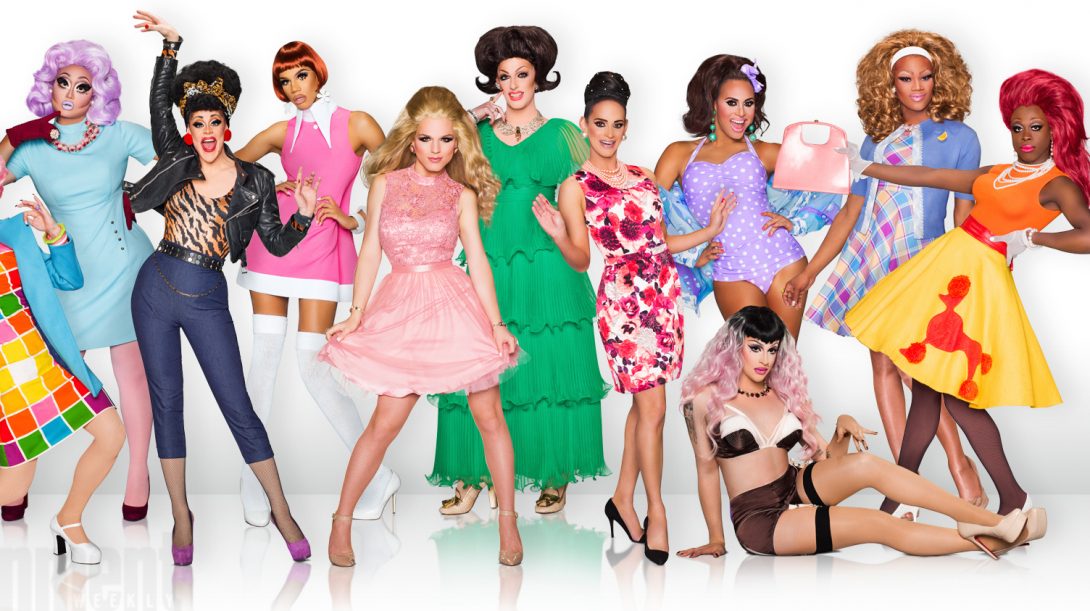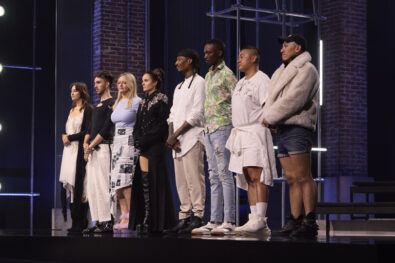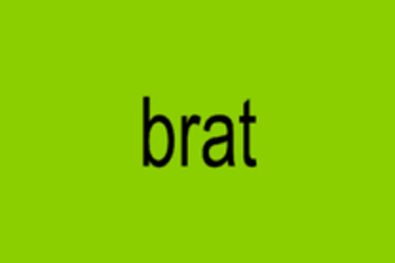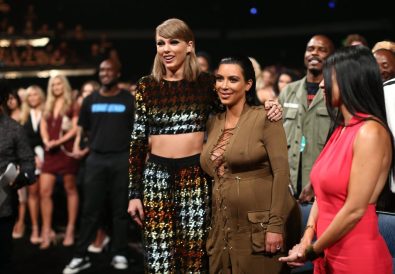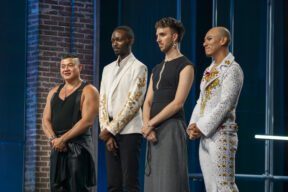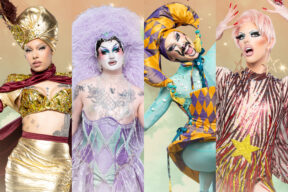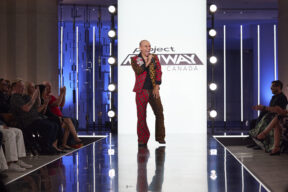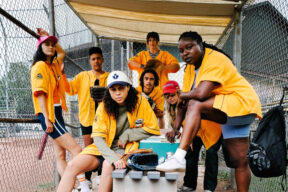It might be an overstatement to say that everyone knows about/loves RuPaul’s Drag Race, but really, you’d have to be living under a huge rock to miss that one viral SNL skit built entirely around the show. Newbies might be shocked to learn that season one launched way back in 2009, but it’s quite obvious to anyone within the queer community — (as well as its enlightened non-queer fans) — that the show has never been more important than it is today (Emmy nomination notwithstanding). And luckily, we’ll be blessed with back-to-back series runs in the new year, with Rupaul’s Drag Race All-Stars in January 2018 followed by Drag Race season 10 in March 2018.
As the bigotry and small-mindedness of neo-Nazi groups continues to gather momentum — and let’s not pretend that “alt-right” is anything more than a PR-friendly term to soften fascist, racist and inherently sexist ideas — a show that gives gender performers and visible minorities a platform is incredibly important. It allows the presumed majority of the population (i.e. straight white folks) the opportunity to enrich their understanding of these incredibly at-risk groups. If you’ve been dawdling on starting the show or simply flummoxed about why anyone would want to watch it in the first place, here are three lessons that this amazing show will never stop teaching.
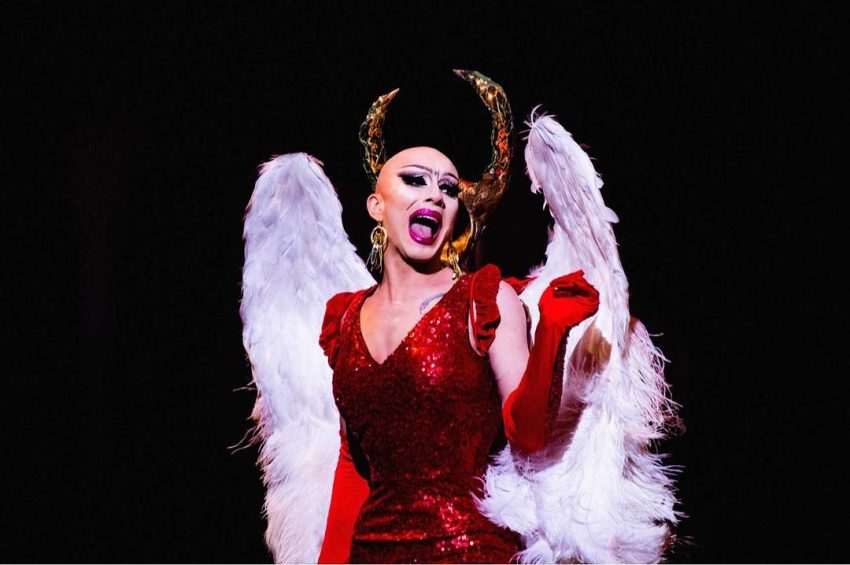
Drag is a performance, trans is identity. Straight people may not always understand that drag queens are men who perform and ridicule traditional notions of gendered behaviour — (not men wishing to switch said gender) — and that drag queens and our trans brothers and sisters do exponentially different things. Transgender queens do exist, yes, but they should only be labelled as such when they self-identify as transgender, like recent Season 9 Top 3 candidate Peppermint (below). Men who dress up as their idea of the perfect (or perfectly entertaining) woman do it as a mode of performance, whereas individuals who transition genders do it because the direction they’re walking toward is a truer expression of their identity than the gender they started at.
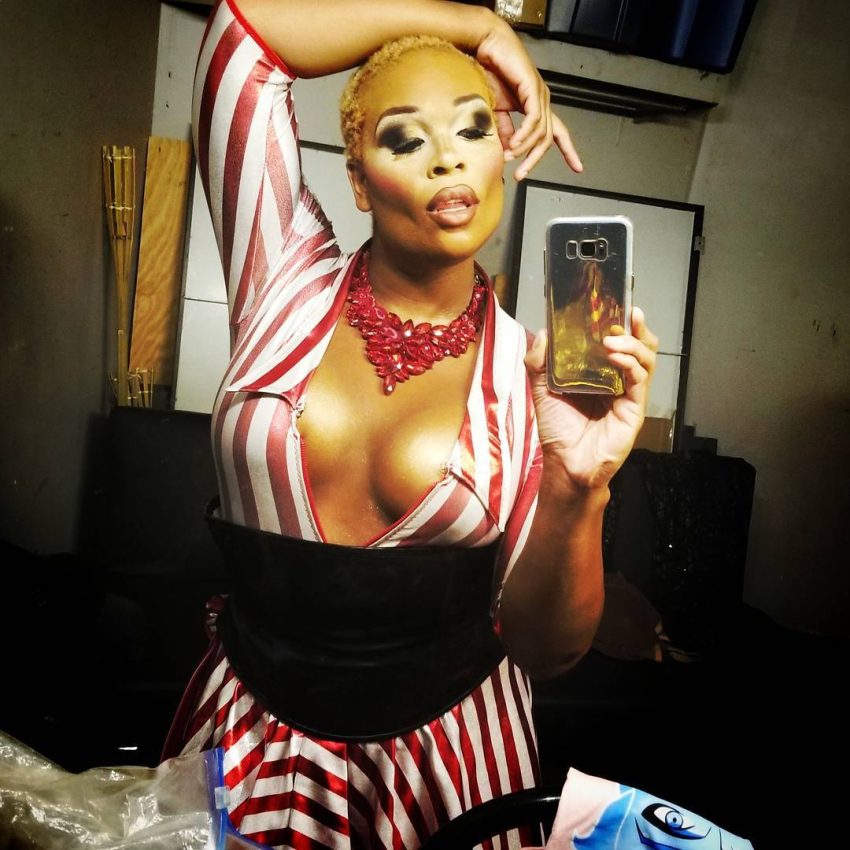
Gay men and women and trans folx* have had historically close ties, and today’s queer communities should actually pay more attention to the fact that it was usually racialized trans folx who advocated for LGBT rights more than white gays ever did (the first brick at Stonewall was thrown by a legendary trans sister named Marsha P. Johnson). But equating the two groups is a horrible mistake because it perpetuates the mistaken belief that trans folx try to “trick” cisgendered folks by “lying” about their genders. Anyone who knows the risk of violence that trans people face (even in Canada) from bigoted, homophobic men and women would instantly see how ludicrous it is to think that trans folx would expose themselves to the threat of violent death for the “fun” of presenting as a different gender. So, anyone who thinks that there’s no difference between a gay man, a drag queen and a trans woman or man needs to watch this show pronto to educate themselves on the misogyny and fear they have internalized regarding notions of gender fluidity.
It’s not a Disney movie, but love is the first thing you need to succeed. Sure, it’s an elimination-style competition where fans take sides and often call out each other’s favourites on aspects of the performances they find lacking, but there’s a reason RuPaul ends every single show with the catchphrase, “if you can’t love yourself, how the hell are you gonna love somebody else?”
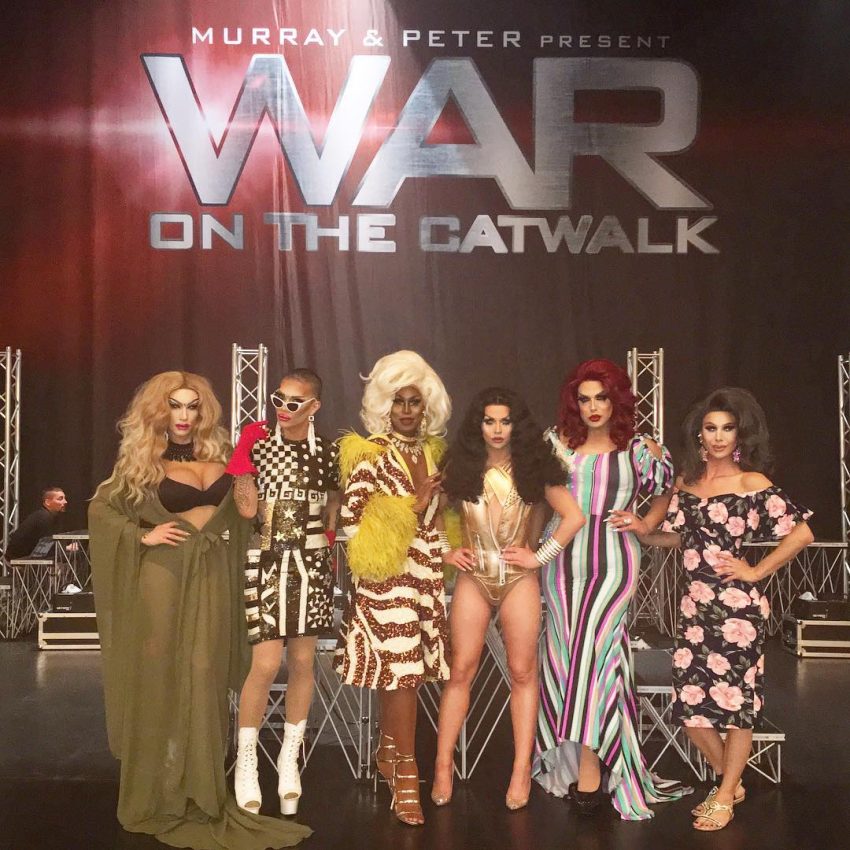
Here’s the thing: Drag is something that each of us can assuredly relate to. We may not personally cinch our waists every Friday night and block our respective brows before putting on as tall a wig as we can find, but we do perform every minute of the day. At work, in front of friends we’re not as close to, and sometimes even in front of our families (and yes, on social media), we present ourselves as the best versions of ourselves. The underlying assumption is that there are lesser versions within — driven by fear and insecurity, not hope and respect — that we possibly aren’t as proud of.
Imagine trying to project these other versions of yourself with makeup and costuming concepts that beautify as much as they lay bare; the weekly challenges on RuPaul’s Drag Race constantly force contestants to present versions of themselves they have less confidence in. As a result, the winner is usually the one who manages to embrace their particular twist on the challenge while enjoying their reframed image, warts and all.
More of us need to love ourselves so that the love can create the confidence that allows us to empower others, and your ability to be vulnerable is often critical in letting the people around you be vulnerable in turn. The Ru girls, in loving themselves, also learn to love each other, sometimes even when they have to go head-to-head in a difficult challenge. Many of them stay tight friends years after their own season, reminding us that we’re never going to earn friends who see us for what we are if we don’t love ourselves enough to show off those parts to begin with.
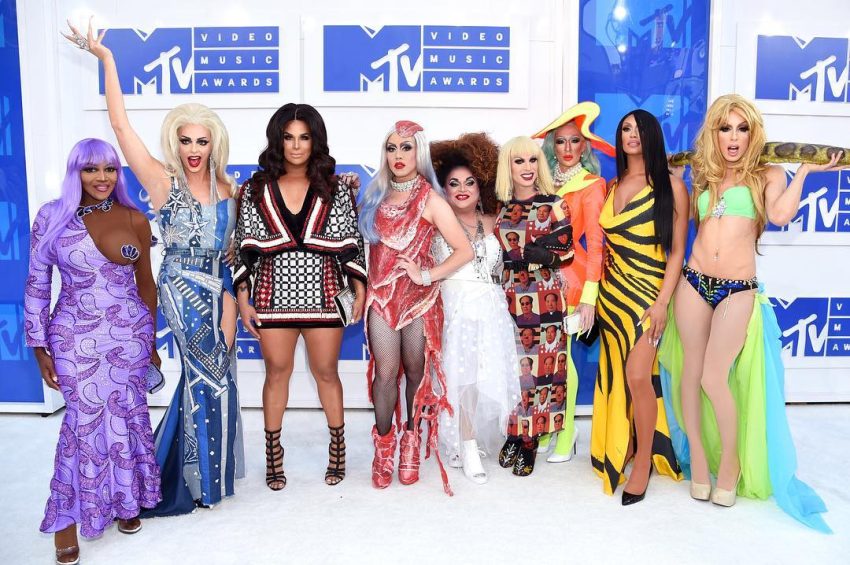
Winning isn’t everything; sometimes, it’s barely anything. Each season has a winner, yes, but each season also pulls out an entirely new fan following for a diverse and compelling range of characters who aren’t afraid to be themselves. Often, the winner for the season enjoys very prominent success, but tellingly, many of the non-winning contestants also see a rabid rise in popularity.
The queens who are most popular today — Miss Fame, Trixie Mattel, Alaska or Adore Delano (pictured below) — are almost unanimously not the winners of their seasons. Most often, it is the manner of their loss during their season and the way they responded to it after the fact that cements the loyalty fans have for their particular favourites.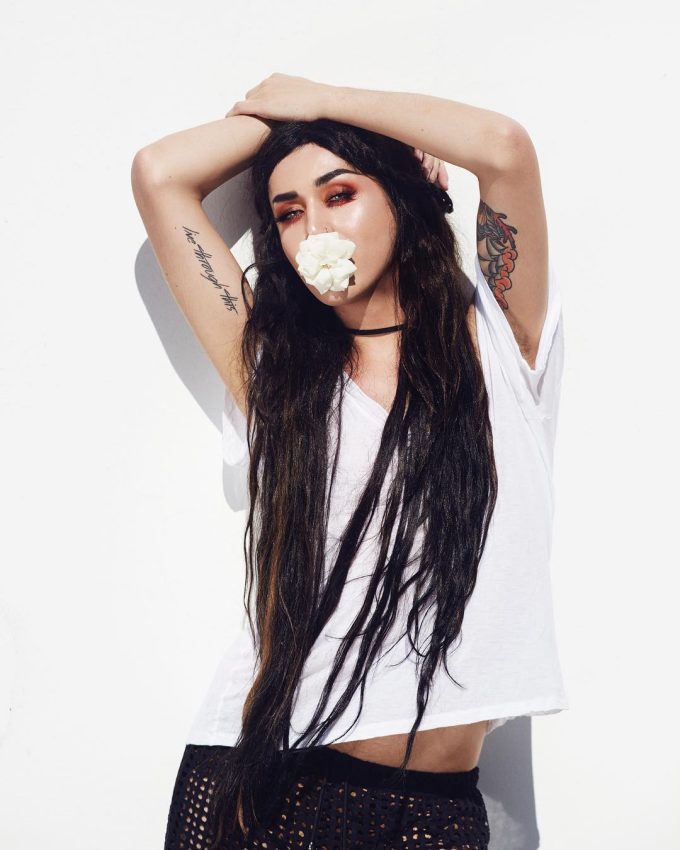
Miss Fame’s obsession with looking good lost her an Ugliest Dress Ever runway; currently, she’s the face of L’Oré©al and collaborates frequently with designer Marc Jacobs. Trixie Mattel got booted for not showing enough of her comedy chops; now she’s about to premiere a comedy show with fan favourite Katya Zamolodchikova on on one of today’s trendiest TV networks, Viceland. Adore Delano lost out on the fan votes to come up a runner-up in season 6; to date, she has the largest fan following on Instagram on Twitter alike of all the queens.
What this tells us is that our failures are as important in defining our life as our successes are, and that “failure” is seldom a permanent state of being. With enough focus put into doing what you love, failures slowly turn into progress, and progress starts to lead toward success.
This list of reasons why RuPaul’s Drag Race should be on your must-watch TV schedule is absolutely not exhaustive, and in an era where agents of hate and prejudice are fast gaining currency, it’s important to have a show on the air that promotes access to love, family and free expression over things like winning or being popular. Ultimately, what makes this show one of the top few competitions of all time is the window it allows into a specialized profession and visible minority, and how it teaches us that drag queens are really just people trying to do a job, similar to plumbers and retail employees.
Ultimately, the only difference is the content of what queens do as opposed to other professionals, and if that’s what gives you pause, you may have a deeper issue to address. After all, if you can’t enjoy amazing makeup and costumes on the men that the fashion industry draws from the most, how the hell can you enjoy amazing makeup and costumes anywhere else?
*Not a typo. “Folx” is defined “as an umbrella term for people with a non-normative sexual orientation or identity”.

